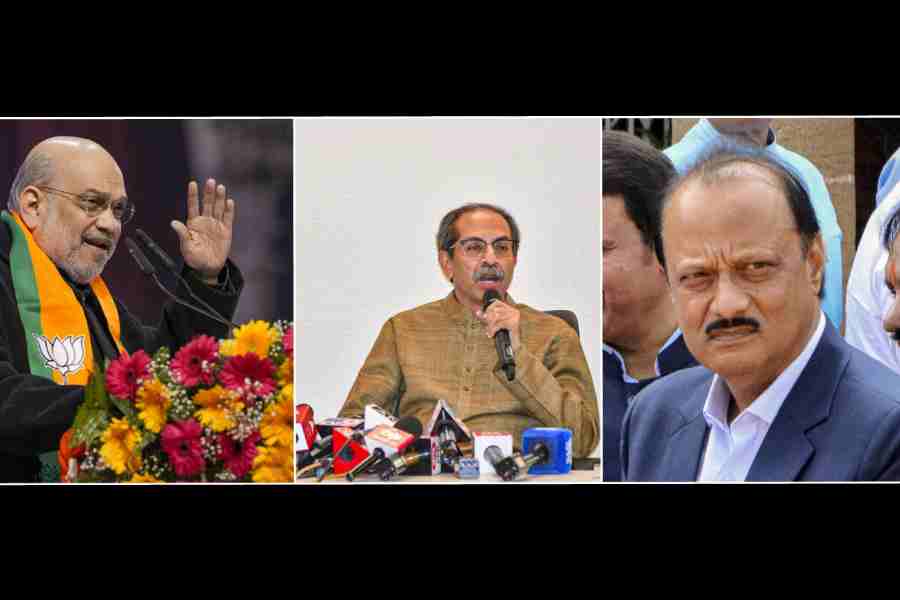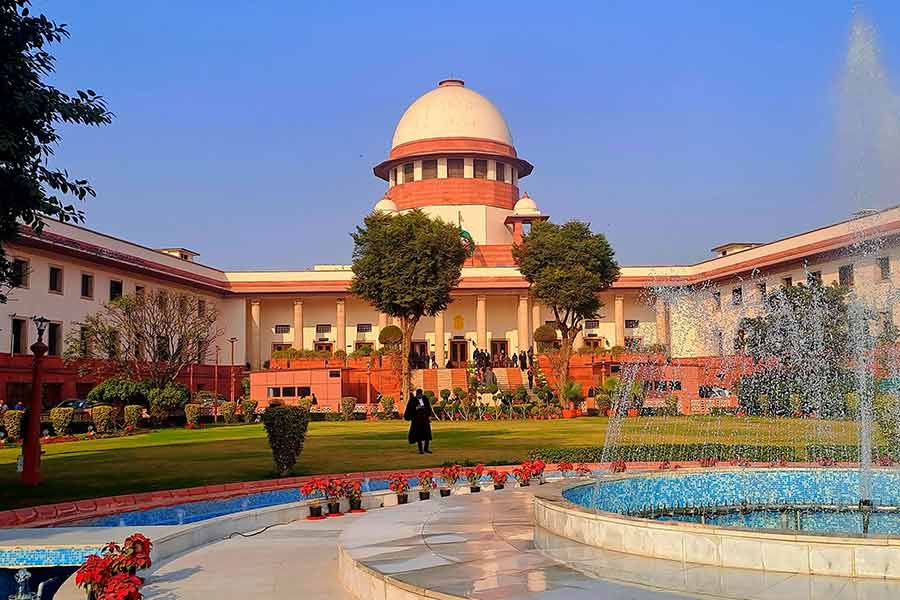For years, Mark Zuckerberg tried to keep his social networks above the fray of partisan politics.
And why not? Meta’s flagship apps — Facebook, Instagram and WhatsApp — were rowdy nation-states unto themselves, with billions of users, fragile internal politics, skittish advertisers, perpetually aggrieved influencers and a sprawling, uneven enforcement regime (known as “content moderation”) that was supposed to keep the peace.
Given the headaches associated with running his quasi-governments, the last thing Zuckerberg wanted was to become too enmeshed with actual governments.
But that was then. Now, on the eve of a second Trump term, Zuckerberg is giving his company a full MAGA (Make America Great Again) makeover. In the process, he is also revealing that Meta — a shape-shifting company that has thrown itself at every major tech trend of the past decade — has a fundamental hollowness at its core. It is not quite sure what it is, or where its next phase of growth will come from. But it will adopt whatever values Zuckerberg thinks it needs to survive.
Recently, Meta’s global policy chief, Nick Clegg — a former British deputy prime minister who was chosen for his centrist bona fides — was replaced by Joel Kaplan, a longtime Republican operative who has acted for years as Zuckerberg’s liaison to the pro-Trump right. Meta announced the appointment of three new board members, including Dana White, the CEO of the Ultimate Fighting Championship and a close friend and political ally of Trump’s.
Then, Zuckerberg — wearing an air of strained enthusiasm — announced in an Instagram Reel that Meta was replacing its fact-checking program with an X-style “community notes” feature. The company is also revising its rules to allow more criticism of certain groups, including immigrants and transgender people, letting users see more “civic content” in their feeds and moving its content review operations from California to Texas to avoid, he said, the appearance of political bias.
The most popular theory about Zuckerberg’s motives is that he is doing the politically expedient thing: cosying up to the incoming Trump administration, the way many Silicon Valley tycoons have, in hopes of getting better deals for himself and Meta while Trump is in office.
A different theory — one supported by conversations I’ve had with several friends and associates of Zuckerberg’s in recent months — is that the billionaire’s personal politics have shifted sharply to the right since 2020, and that his embrace of Trump may stem less from cynical opportunism than real enthusiasm.
I can’t prove or disprove this theory. Zuckerberg, unlike Elon Musk, doesn’t broadcast his unfiltered political opinions dozens of times a day. But I find it plausible. I’ve spent a lot of time studying the Right-wing conversion narratives of disaffected liberals, and Zuckerberg’s recent arc fits the bill surprisingly well: a wealthy 40-year-old man with a sullied public reputation starts listening to Joe Rogan and develops an interest in mixed martial arts and other hypermasculine hobbies, grows annoyed by the woke Left and angry at the mainstream media, rebrands himself as a bad boy, and adopts the label of a “classical liberal” while quietly supporting most of the tenets of MAGA conservatism.
Meta’s real problem, though, is that the company still doesn’t know what it is. Is it a purveyor of ageing (though still profitable) social media apps? A champion of open-source AI development? A creator of next-generation augmented-reality hardware? A way for people to connect with their families and friends? A TikTok-style algorithmic feed, filled with a mix of professional influencers and AI slop? A builder of immersive virtual worlds? Some other, weirder thing?
A political reset might buy Zuckerberg some time to answer these questions. But in order for Meta to thrive beyond the Trump years, he’ll have to do more than bend the knee.
NYTNS










